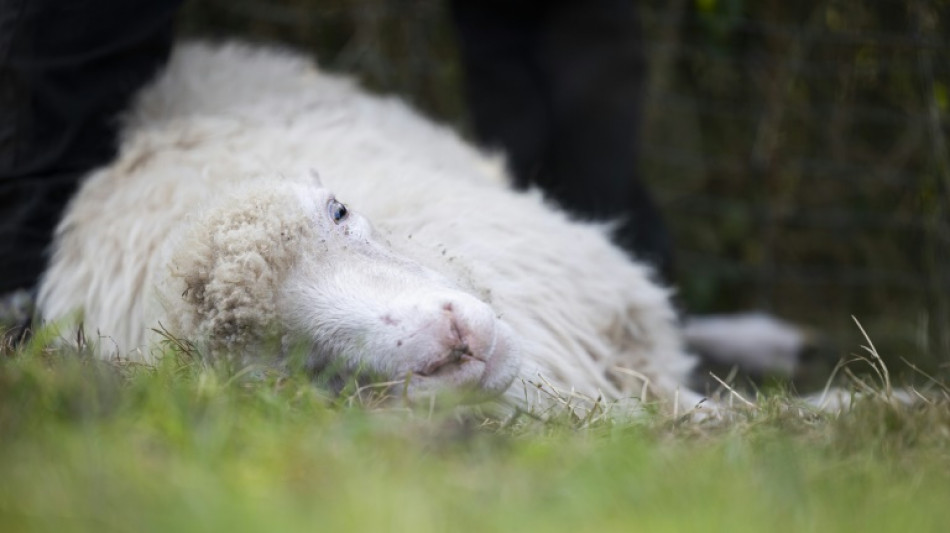

EU watchdog approves new vaccines against bluetongue
The EU's medicines watchdog on Friday gave the thumbs up to two new vaccines against the bluetongue virus which struck parts of Europe from late 2023, infecting thousands of sheep, goats and cattle.
Bluetongue, a non-contagious, insect-borne viral disease that affects ruminants such as cows and sheep, has been spreading across Europe for more than a year.
The disease, also known as catarrhal fever, is difficult to control once it takes hold but is not a risk to humans.
The European Medicines Agency has "recommended the approval of the vaccines Bluevac-3 and Syvazul BTV 3 to protect sheep against bluetongue disease. Bluevac-3 is also approved for use in cattle," it said.
"These vaccines are shown to protect against the newly emerged serotype-3 bluetongue virus (BTV3), responsible for recent outbreaks in Europe, and against which vaccines currently approved at EU wide-level show little protection," the Amsterdam-based agency said.
The BTV-3 strain of the virus was first detected in the Netherlands in September 2023, before spreading to Germany the following month.
Cases have been recorded across Europe, including in Belgium, France, Italy, Spain and the Czech Republic.
Bluetongue is transmitted by biting midges. Symptoms in infected animals include high fevers, mouth ulcers and swollen heads.
It can lead to weakness and the loss of offspring for pregnant animals and is particularly deadly for sheep.
Climate change has worsened the spread of the virus, according to the United Nations' Food and Agriculture Organization (FAO), as global warming impacts midge populations.
Both the new vaccines contained an inactivated form of BTV3, which could not cause the disease, but triggered an immune response protecting the vaccinated animal, the EMA said.
Both were available as ready-to-use suspensions for injection, the agency added, saying it did not pose a risk to human or animal health.
The EMA's recommendation will now be sent to the European Commission to adopt a decision for EU-wide marketing authorisation.
F.Hartmann--MP




